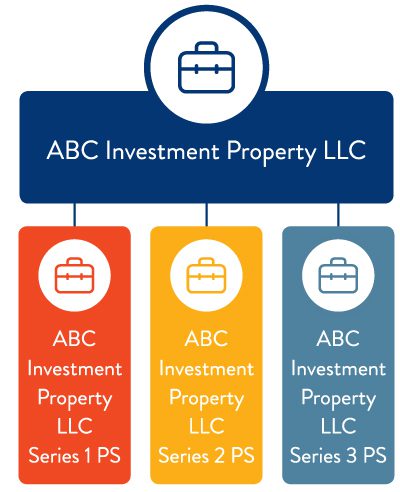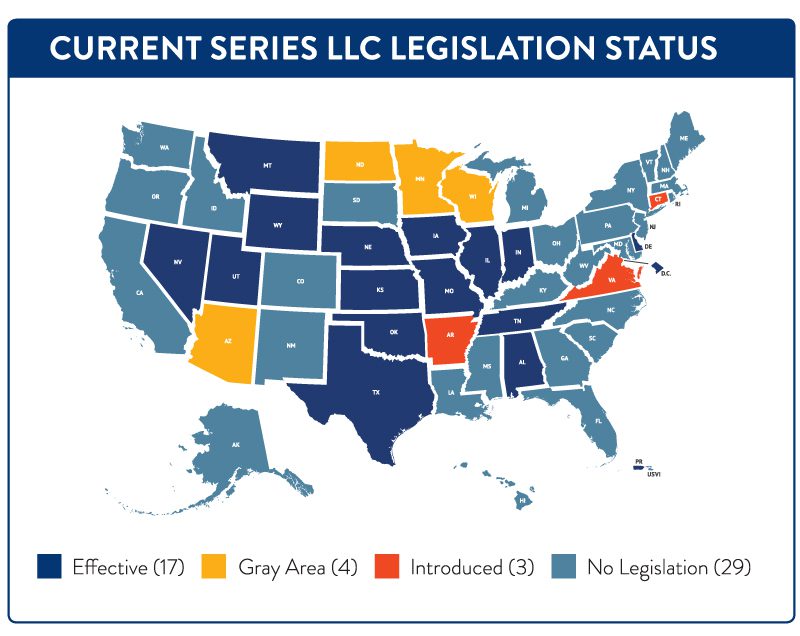Texas
2019 proved to be a busy year for legislatures across the nation. The Texas Business and Commerce Code was amended to eliminate the duplicative assumed name certificates for business entities required to register with the Secretary of State. Effective September 1, 2019, corporations, limited liability companies, limited partnerships, limited liability partnerships, and foreign filing entities are no longer required to file an assumed name certificate at the county level. Businesses not requiring registration with the Secretary of State, such as general partnerships, real estate investment trusts, and joint ventures, are still required to file an assumed name certificate at the county level.
North Dakota
North Dakota joined the masses and changed the way it determines whether a business entity name is available. Effective April 26, 2019, North Dakota’s name availability standard changed from the “deceptively similar” standard to a less restrictive “distinguishable in the records” standard. This change should result in a wider range of names available for new domestic entities and a greater chance of legal name registration for foreign entities.
Florida and Montana
Both Florida and Montana recently passed comprehensive revisions to their corporate laws. The modified and new provisions regarding corporate governance, largely based on the 2016 Model Business Corporation Act, bring uniformity, making it easier for corporations to operate in those states. Florida’s new legislation took effect January 1, 2020, while Montana’s goes into effect June 1, 2020.
Maine and Oklahoma
Lastly, the benefit corporation movement continues to sweep the nation. Maine and Oklahoma both passed legislation allowing companies to register as benefit corporations. This corporate designation gives greater legal protection for companies pursuing for profit business models while maintaining a primary objective to generate a public benefit. Nearly all states now recognize some type of public benefit business entity.
 Series LLCs offer a method of liability segregation without the cost and upkeep of forming multiple LLCs. Instead, they permit a single LLC to be formed with the designation that it will allow for series to be created within the limited liability company agreement. Thereafter, each individual series will operate like a separate entity with a unique name, bank account, and separate books and records. Each series within the LLC may enter into contracts, sue or be sued, and hold title to real and personal property, and the assets owned by each series are shielded from the risk of liability of the other series within the same series LLC.
Series LLCs offer a method of liability segregation without the cost and upkeep of forming multiple LLCs. Instead, they permit a single LLC to be formed with the designation that it will allow for series to be created within the limited liability company agreement. Thereafter, each individual series will operate like a separate entity with a unique name, bank account, and separate books and records. Each series within the LLC may enter into contracts, sue or be sued, and hold title to real and personal property, and the assets owned by each series are shielded from the risk of liability of the other series within the same series LLC.